What Just Happened with Reedy Creek?
Okay, The Walt Disney Company has made the news again, as it continues to struggle with negative headlines during the Bob Chapek era.
Previous CEO Bob Iger and his strategist, Zenia Mucha, mastered the art of the news cycle.


Image Credit: Morse/Disney Parks, Experiences and Products
Chapek has proven either amateurish or inexperienced, depending on how polite you want to be.
Meanwhile, Florida’s governor has seized an opportunity to escalate a fight with Disney.


(AP Photo/Brynn Anderson)
So yes, you’ve probably heard that Florida’s state senate has voted to dissolve the Reedy Creek Improvement District (RCID) at the request of the governor.
What does this mean? Honestly, the answer is less than you might think. Still, I’ll explain what just happened so that you’ll understand.
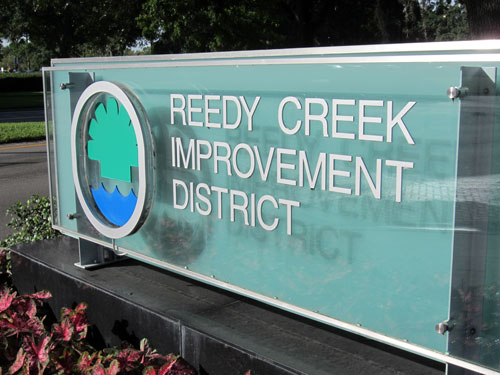

Photo Credit: https://www.worldofwalt.com/disney-private-government-disneys-reedy-creek-improvement-district.html
The Story
During the 1960s, Walt Disney purchased land in Central Florida to fix a previous mistake he’d made in Anaheim, California.
During the early 1950s, Disney lacked the capital to purchase all the land he wanted in Anaheim. So instead, he settled on 160 acres of orange groves.


Photo: Anaheim.net
That’s right. The Happiest Place on Earth started with 160 acres of space, much of which was sandy and porous land.
In Central Florida, Uncle Walt could purchase land cheaply, at least until the locals realized who the buyer was.
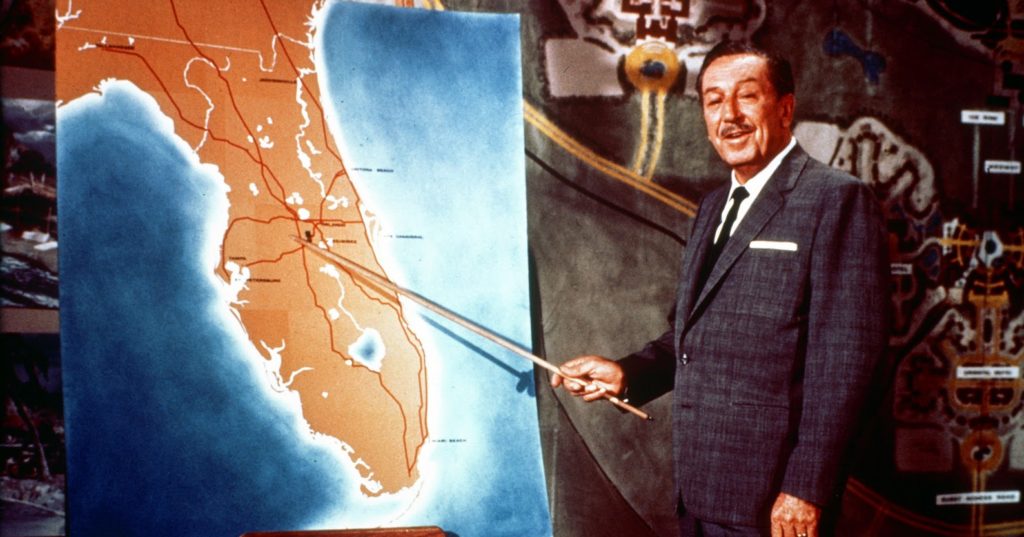

So, he snapped up tens of thousands of acres for a massive Disney campus where he planned to construct a capitalist utopia, the Experimental Prototype Community of Tomorrow.
Local politicians back then looooooved the idea. After all, Disney purchased swampland but announced the intent to turn it into a new destination location.


Photo: Disney
Suddenly, Florida’s leaders had hope for a better tomorrow. For this reason, they happily agreed to Uncle Walt’s request to control his own land.
Government officials signed the Reedy Creek Improvement Act (RCIA) into law in May of 1967, almost exactly 55 years ago.


This agreement allowed Disney to function as its own government at Walt Disney World.
Through the RCIA, Disney created two new cities, Bay Lake and Buena Vista. That’ll prove crucial in a bit.


Photo: WKMG ClickOrlando
For now, what you need to know is that Disney officials took a strong stance against House Bill 1577, the so-called Don’t Say Gay legislation.
Florida’s governor immediately lashed out at Disney and threatened to revoke the RCIA.
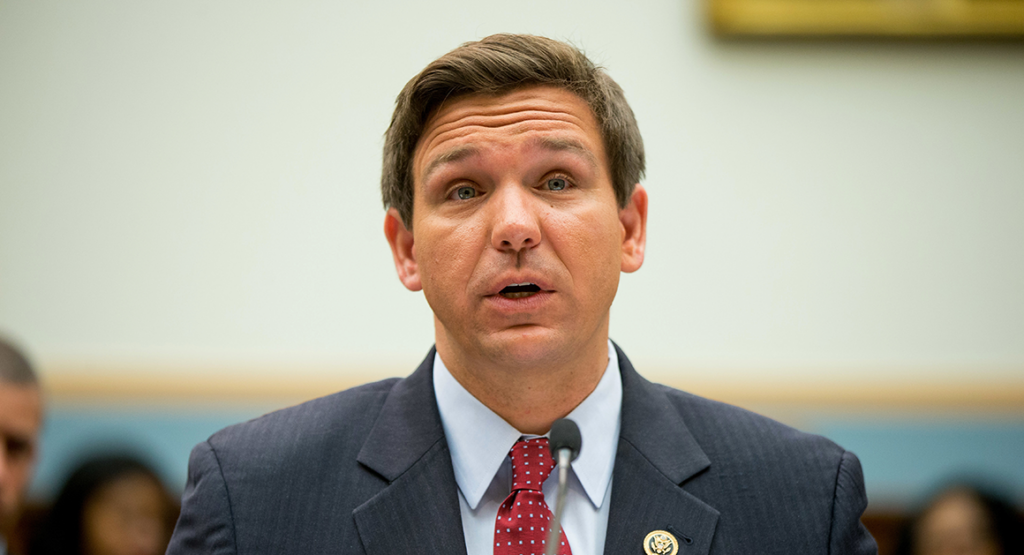

On April 20th, during a special session of Florida’s state senate, that vote occurred and played out among party lines. The measure passed the senate by 23-16.
So, that’s what happened.


Photo: Disney
What Now?
As I type this, the dissolution of RCIA must still pass through the Florida house of representatives, which it probably will, possibly by the time you read this.
One political party controls all levels of legislation in Florida even though the state is remarkably evenly divided politically.


PHOTO: GETTY IMAGES
In fact, the governor won the last election by only 32k votes in a state where Disney employs more than 70k workers.
So, there’s a lot in play here. However, the entire discussion functions as a misdirect of sorts.


I briefly evaluated the matter in this week’s Disney Headlines. The gist is that questions abound about whether this vote even matters.
In fact, legal analysts from BOTH political parties agree that Florida’s elected officials don’t possess the right to do this.


Oddly, this hasn’t stopped Florida politicians lately. As I’ve previously discussed, at least three other instances of passed bills failed their legal tests.
In politics, we call such instances theatrics, an attempt to generate headlines for personal gain.


To wit, the state senate also debated removing a Disney exception to a social media bill passed last year.
There’s just one problem with that. A judge already dismissed that bill as illegal. Yup, nobody abides by that legislation anyway.
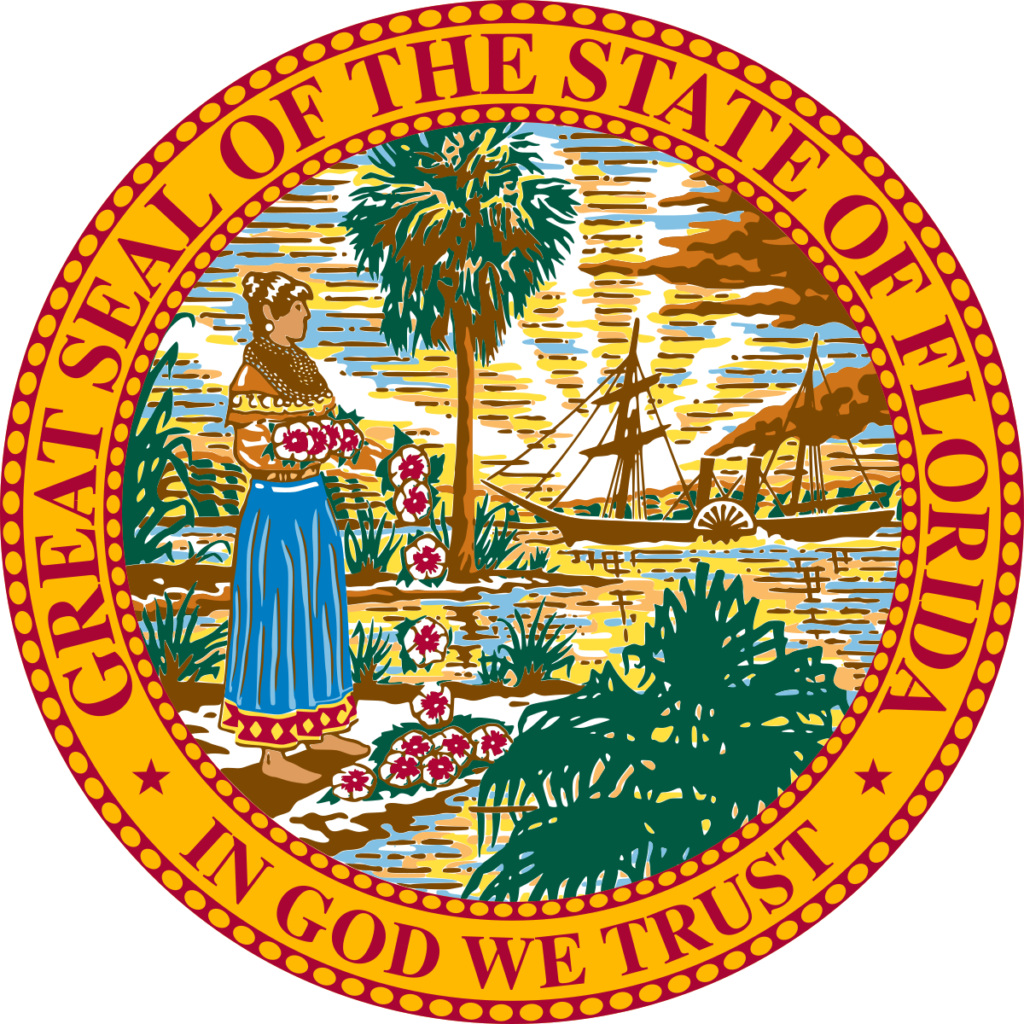

As such, we must walk a fine line between evaluating what theoretically could happen as opposed to what has transpired.
We KNOW that there was a vote that went against the RCIA. However, legal experts don’t believe that this measure has any teeth to it, at least not yet.
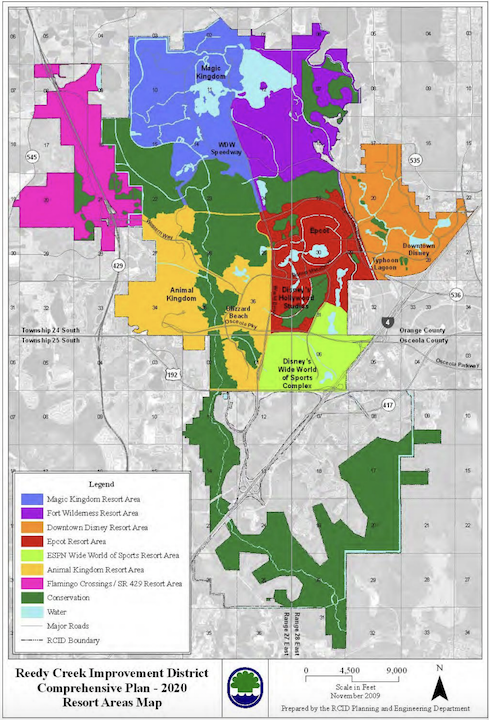

The explanation involves a rule that’s already on the books. It’s state statute 189.072, which plainly states terms about the dissolution of special districts.
The gist is that a vote must occur…in Reedy Creek.
Yes, That’s Right.
Folks, many people are playing fast and loose with the law these days. So, I try not to speak in absolutes.
However, we can say some things about an attempt to dissolve the RCID.


According to the current laws in place, the residents of Reedy Creek must vote in favor of the dissolution.
As a reminder, Disney has meticulously chosen the residents of Reedy Creek over the years. They’re loyalists who will vote however Disney wants.


For this reason, barring something unforeseen, Disney maintains control of the existence of RCID.
Could that change? Absolutely.
A modification of laws is always possible, as we’re witnessing right now. I’m specifically discussing the current ones.
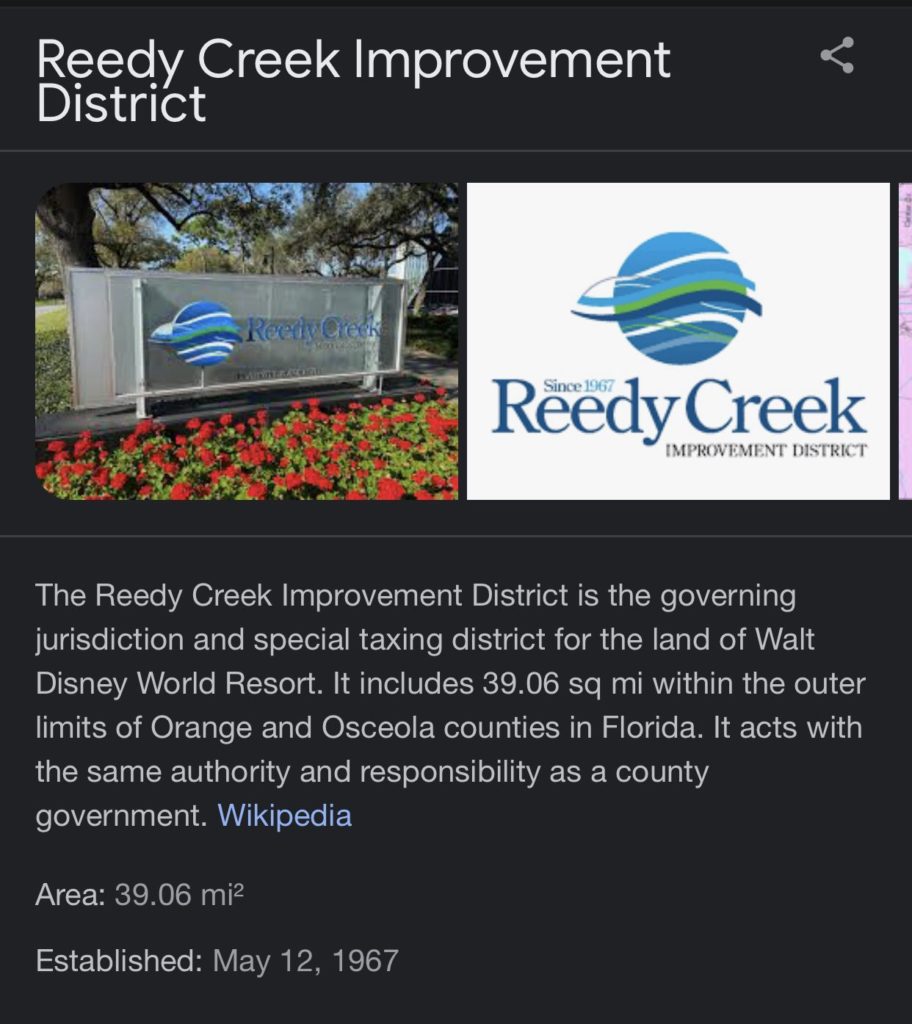
Two Things…
Also, I should introduce two other essential points.
First, this potential change wouldn’t even go into effect until June 1st, 2023. Even then, it might never take effect, as there’s another election in November.


Disney would be incentivized to A) challenge the matter in court, where legal experts from both parties agree Disney is in the driver’s seat and B) get involved in the election.
As a reminder, we watched a version of this scenario play out with the Anaheim City Council. Anti-Disney parties ran and won.


Photo: Jeff Antenore / for Voice of OC)
After they negatively impacted the local economy, Disney backed other candidates and regained council support.
Politics change every election cycle. So, we’re discussing theoreticals about 2023 that may never come to pass.


PHOTO: Getty Images/iStockphoto
Second, reports suggest that Disney would save as much as $2 billion immediately, while Floridians would pay for the costs of Reedy Creek.
For this reason, Disney might not even WANT to challenge the result. Instead, Florida taxpayers will bear the brunt in that scenario.


At the moment, all we’ve witnessed was a revenge vote. We’ll evaluate precise details if/when such a time arises. But we’re not there yet.
Feature Image: CBS Miami


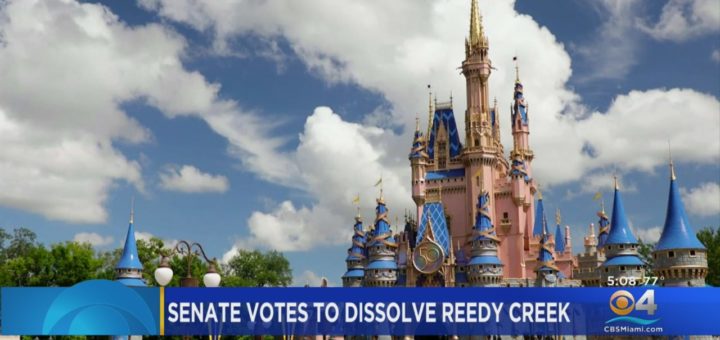








The Florida Legislature is stuck on stupid.